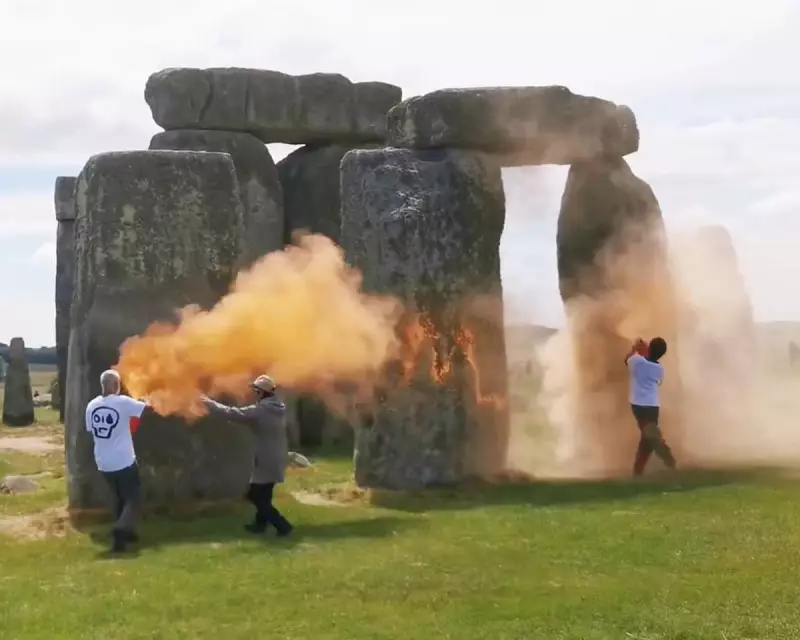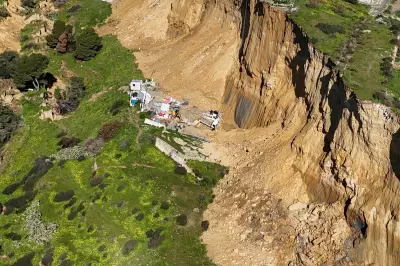
In a dramatic courtroom outcome that could reshape environmental protest laws, three Just Stop Oil campaigners have been cleared of criminal damage charges following their high-profile demonstration at Stonehenge.
The verdict delivered at Salisbury Crown Court saw the jury accept the activists' defence that their actions were justified due to the escalating climate crisis. The three defendants had used angle grinders to cut through a perimeter fence at the ancient monument last summer, though they caused no damage to the stones themselves.
The Climate Defence Argument
During the eight-day trial, the activists presented what they described as "overwhelming evidence" of the climate emergency, arguing they had a "lawful excuse" for their actions. Their defence team brought forward expert testimony detailing the catastrophic consequences of continued fossil fuel dependence.
One defendant told the court: "We had to take this action. When you see your house is on fire, you don't wait for permission to put it out."
Historic Site, Modern Protest
The protest, which occurred during the summer solstice period, sparked widespread controversy due to Stonehenge's protected status as a UNESCO World Heritage Site. However, the activists maintained they took extensive precautions to avoid damaging the ancient stones.
Prosecutors had argued the demonstration endangered public safety and caused significant disruption, with the site requiring temporary closure and enhanced security measures costing approximately £7,500.
Legal Precedent Set
This acquittal represents a significant victory for environmental campaign groups and establishes an important legal precedent. It marks one of the few successful uses of the "climate necessity" defence in UK courts, potentially opening new avenues for future protest cases.
The decision comes amid increasing tensions between environmental activists and authorities, with the government recently introducing stricter measures against protest groups.
Legal experts suggest this verdict could influence how future juries approach cases involving non-violent direct action related to climate concerns, though the Crown Prosecution Service maintains that damaging protected heritage sites remains a serious criminal offence.





